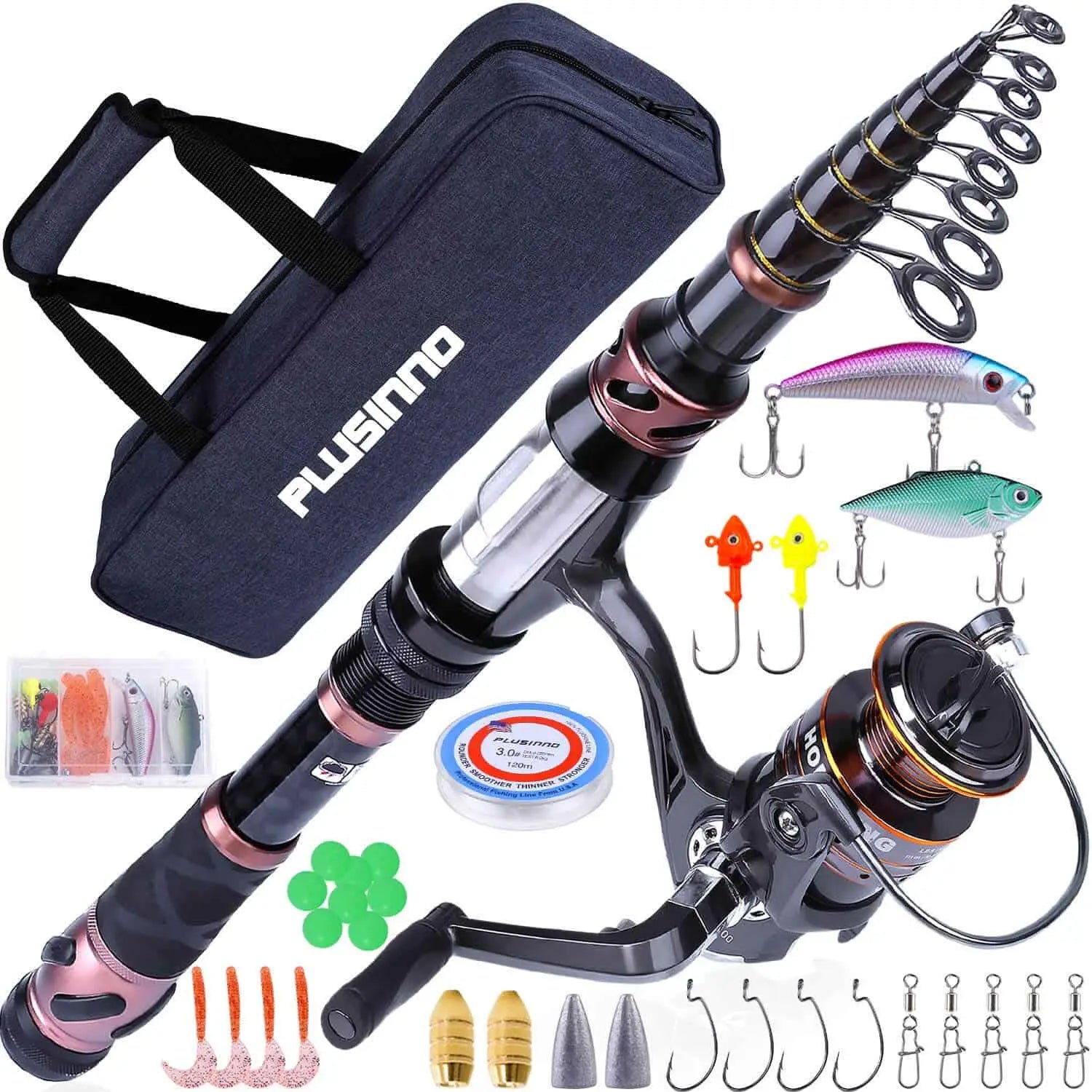When it comes to fishing, having a well-maintained fishing rod and reel is crucial for a successful and enjoyable experience. Proper maintenance not only extends the lifespan of your equipment but also ensures optimal performance on the water. In this article, we will explore some valuable tips for properly maintaining your fishing rod and reel for longevity.

Regular Cleaning and Inspection
One of the most important tips for maintaining your fishing rod and reel is to regularly clean and inspect them. After each fishing trip, make it a habit to clean your equipment thoroughly. Use a mild soap and water solution to remove any dirt, debris, or saltwater residue. Pay special attention to the guides, reel seat, and handle. Once cleaned, dry your rod and reel with a soft cloth to prevent any moisture from causing corrosion.
While cleaning, take the opportunity to inspect your equipment for any signs of damage or wear. Check the guides for any cracks or chips, ensure the reel seat is secure, and inspect the rod blank for any signs of weakness. By catching and addressing any issues early on, you can prevent further damage and extend the lifespan of your fishing rod and reel.
Proper Storage
Storing your fishing rod and reel correctly is another essential aspect of maintenance. When not in use, avoid leaving your equipment exposed to extreme temperatures or direct sunlight, as this can cause damage to the materials. Instead, store your rod and reel in a cool, dry place, preferably in a rod rack or protective case. This will help prevent accidental damage and keep your equipment in top condition.
Additionally, it is important to store your fishing rod and reel in a way that minimizes stress on the components. Avoid placing heavy objects on top of your rod or leaning it against a wall where it can easily be knocked over. Instead, invest in rod holders or wall mounts to keep your equipment secure and protected.
Proper Handling and Usage
How you handle and use your fishing rod and reel can significantly impact their longevity. Always handle your equipment with care, avoiding any unnecessary roughness or force. When casting, make sure to use proper technique and avoid overloading the rod with excessive weight. This will help prevent stress on the rod blank and guides, reducing the risk of damage.
Furthermore, it is important to match your fishing rod and reel to the appropriate line and lure weight. Using the wrong line or lure can put unnecessary strain on your equipment, leading to premature wear and tear. Refer to the manufacturer's recommendations or consult with a knowledgeable professional to ensure you are using the right combination for your fishing needs.
Regular Maintenance and Servicing
Lastly, regular maintenance and servicing are crucial for the longevity of your fishing rod and reel. Just like any mechanical device, your reel requires periodic maintenance to keep it functioning smoothly. This includes lubricating the moving parts, checking the drag system, and replacing any worn-out components.
Similarly, your fishing rod may benefit from occasional servicing. This can involve replacing worn-out guides, rewrapping damaged thread, or even refinishing the rod blank. By investing in regular maintenance and servicing, you can ensure that your fishing rod and reel perform optimally and last for years to come.
Conclusion
Properly maintaining your fishing rod and reel is essential for their longevity and performance. By following the tips mentioned in this article, such as regular cleaning and inspection, proper storage, careful handling and usage, and regular maintenance and servicing, you can ensure that your equipment remains in top condition. Remember, a well-maintained fishing rod and reel not only enhances your fishing experience but also saves you money in the long run by avoiding the need for frequent replacements.














